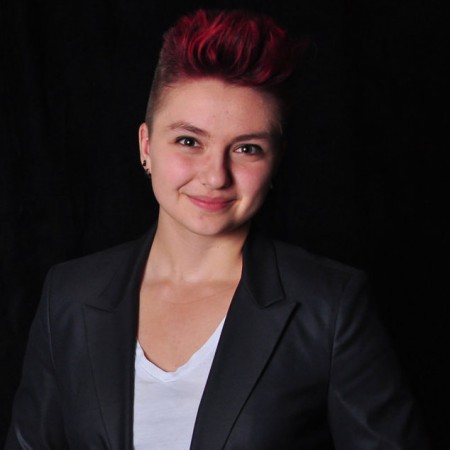
3:00 pm to 4:00 pm
GATES-HILLMAN 4405
Abstract:
Adaptability is an essential skill in human cognition, enabling us to draw from our extensive, life-long experiences with various objects and tasks in order to address novel problems. To date, most robots do not have this kind of adaptability, and yet, as our expectations of robots’ interactive and assistive capacity grows, it will be increasingly important for them to adapt to unpredictable environments in a similar manner as humans.
In this talk I will describe my approaches to the problem of task transfer, enabling a robot to transfer a known task model to address scenarios containing differences in the objects used, object configurations, and task constraints. The primary contribution of my work is a series of algorithms for deriving and modeling domain-specific task information from structured interaction with a human teacher. In doing so, this work enables the robot to leverage the teacher’s domain knowledge of the task (such as the contextual use of an object or tool) in order to address a range of tasks without requiring extensive exploration or re-training of the task. By enabling a robot to ask for help in addressing unfamiliar problems, my work contributes toward a future of adaptive, collaborative robots.
Biography:
Tesca Fitzgerald is a Computer Science PhD candidate in the School of Interactive Computing at the Georgia Institute of Technology. In her PhD, she has been developing algorithms and knowledge representations for robots to learn, adapt, and reuse task knowledge through interaction with a human teacher. In doing so, she applies concepts of social learning and cognition to develop a robot which adapts to human environments.
